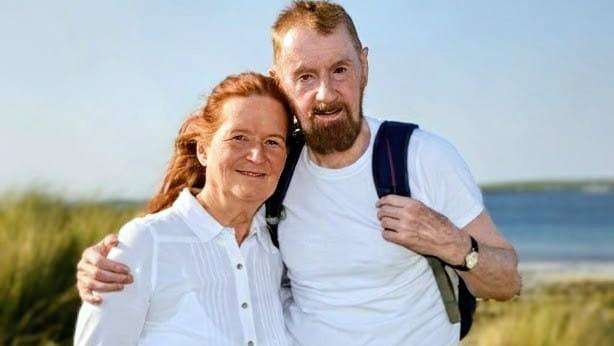When I was a child, my grandad passed away from cancer caused by years of smoking. Though I was young, his suffering remains a vivid memory.
For too long, he refused to acknowledge his illness—a mindset often attributed to a tough, working-class mentality of pushing through no matter the circumstances. But the issue runs deeper than just resilience. His experience is one of many that highlight a devastating pattern of health inequality.
I grew up in Barnsley, just a short distance from my grandad. According to the Index of Multiple Deprivation, Barnsley is one of the most disadvantaged areas in England. Health Secretary Wes Streeting has previously spoken about the "postcode lottery" in cancer care. While this phrase is often used in media, a new Cancer Research UK report confirms its truth: it’s not an exaggeration, but a harsh reality.
The study reveals that 28,400 cancer deaths in the UK each year are linked to socio-economic inequality. That’s thousands of lives lost—not because of personal choices alone, but because of the environment people grow up, live, and work in.
Had my grandad lived in a wealthier area, could he have avoided his addiction? Would his cancer have been detected sooner? Might he have received better treatment? These tragic losses expose a healthcare system that is failing those in the poorest communities. To truly tackle cancer inequality, we must address its root causes—both by preventing cancer and ensuring early detection.
The Devastating Impact of Smoking
Smoking is particularly prevalent in deprived areas, claiming thousands of lives each year. My grandad, like many others, became addicted as a child. His story is far from unique. The Tobacco and Vapes Bill, currently moving through parliament, is a crucial step toward preventing more such cases. However, the government must also provide sustainable funding for smoking cessation services to help people quit.
But prevention is only part of the challenge. Once diagnosed, patients in the most disadvantaged areas face additional struggles. They are up to a third more likely to experience severe delays before starting treatment. Even when they do receive care, some are offered less effective treatment options. Working for a charity that funds groundbreaking advancements in cancer treatment, it’s heartbreaking to think that those who need these innovations most often don’t receive them.
The Tragedy of Late Diagnosis
My grandad’s reluctance to seek medical help reflects another major issue—cancers that are caught too late. Research shows that people in England’s poorest areas are 50% more likely to be diagnosed in an emergency setting, when the disease is often at an advanced stage and much harder to treat.
We already know how to detect cancer earlier. Awareness campaigns encouraging people to seek medical advice can make a huge difference. There are also innovative ways to reach high-risk communities, such as targeted lung screenings that bring healthcare into local neighborhoods.
My grandad’s generation didn’t have access to these kinds of initiatives. If they had, so much suffering could have been prevented. The government must seize this opportunity to save lives and prioritize early diagnosis.
A Call for Bold Action
Despite the dedication of NHS staff, the healthcare system is under immense strain. In these difficult times, it’s crucial that the most vulnerable in society are not left behind. The recently announced National Cancer Plan for England provides a chance to take a comprehensive approach to tackling inequalities—ensuring that resources are directed where they are needed most.
Change is within reach, but it demands strong political will. Beating cancer must mean beating it for everyone. Cancer Research UK is committed to working alongside the government and healthcare system to make this a reality.



_6.jpg)
_5.jpg)



.svg)
